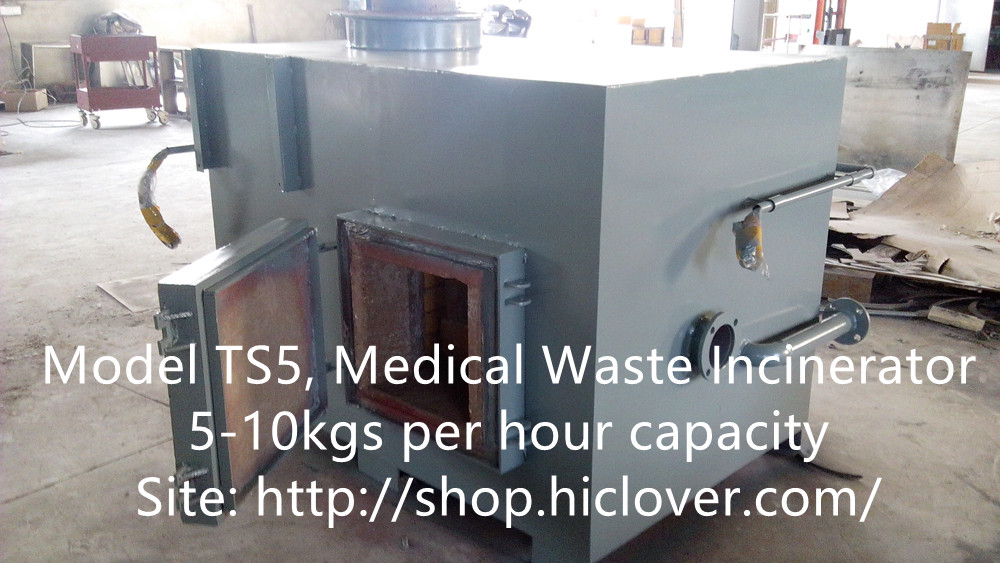Proper medical waste management is vitally important for healthcare facilities in order to protect the health and safety of patients, staff, and the broader community. Improper handling and disposal of medical waste can lead to serious health risks and environmental pollution. It is therefore crucial for healthcare facilities to establish and adhere to best practices for the management of medical waste.
Medical waste includes a wide range of materials generated by healthcare facilities, such as used needles, syringes, blood-soaked bandages, and contaminated personal protective equipment. These items can carry pathogens and pose serious health risks if not managed properly. Infectious diseases can be transmitted through contact with contaminated medical waste, making it essential to handle and dispose of these materials in a safe and responsible manner.
Proper medical waste management begins with the segregation and proper packaging of different types of waste. Healthcare facilities should have clear guidelines and training programs in place to ensure that staff members understand how to identify and separate different types of medical waste. This helps to prevent cross-contamination and ensures that each type of waste is handled and disposed of appropriately.
Once medical waste has been segregated and packaged, it needs to be safely stored and transported. Healthcare facilities should have designated storage areas that are secure, well-ventilated, and equipped to prevent leaks and spills. Additionally, they should have arrangements in place with certified medical waste disposal companies to safely transport and dispose of the waste according to legal and regulatory requirements.
One key aspect of proper medical waste management is compliance with relevant laws and regulations. Healthcare facilities must adhere to federal, state, and local regulations governing the handling, storage, transportation, and disposal of medical waste. Failure to comply with these regulations can result in hefty fines and legal repercussions, not to mention the potential health and environmental risks posed by improper waste management.
In addition to legal compliance, proper medical waste management also has important environmental implications. Medical waste contains hazardous materials that, if not handled and disposed of properly, can pose risks to the environment. It is essential for healthcare facilities to take measures to minimize the impact of medical waste on the environment by ensuring that it is disposed of safely and responsibly.
The importance of proper medical waste management cannot be overstated. By establishing and adhering to best practices for the handling, storage, transportation, and disposal of medical waste, healthcare facilities can protect the health and safety of their patients, staff, and the broader community. Furthermore, by minimizing the environmental impact of medical waste, they can contribute to a healthier and more sustainable future.
In conclusion, healthcare facilities must prioritize proper medical waste management as a fundamental aspect of their operations. By establishing clear guidelines, training programs, and partnerships with certified waste disposal companies, they can ensure that medical waste is handled and disposed of in a safe and responsible manner. This not only protects the health and safety of all stakeholders but also contributes to a cleaner and healthier environment for all.



